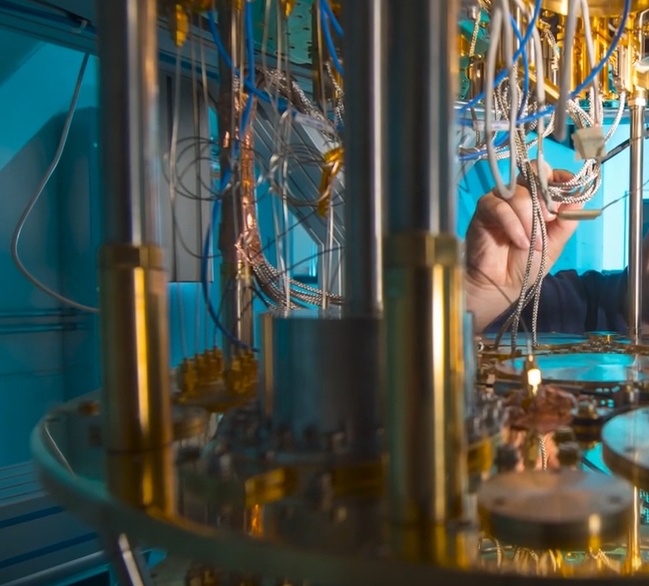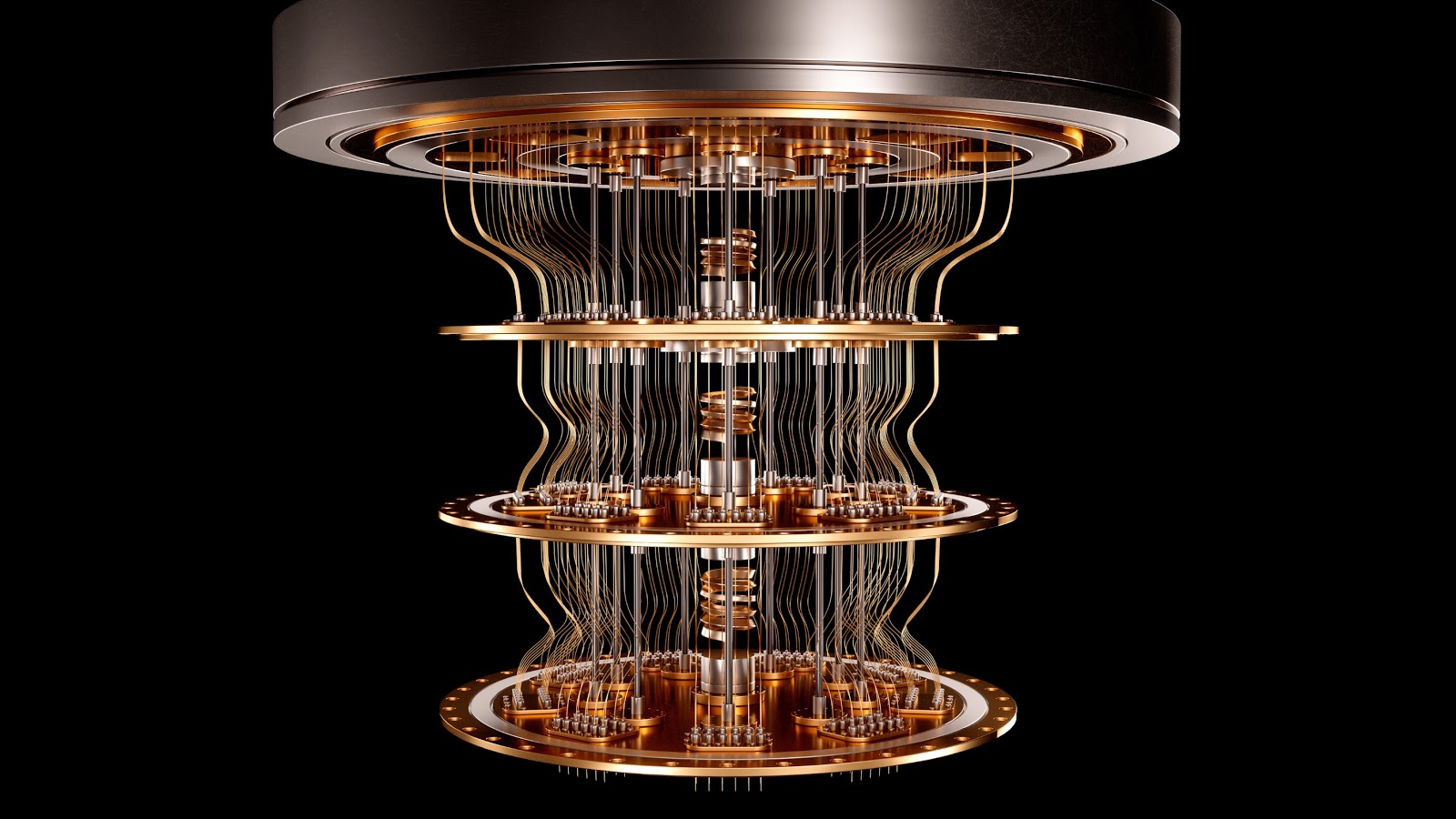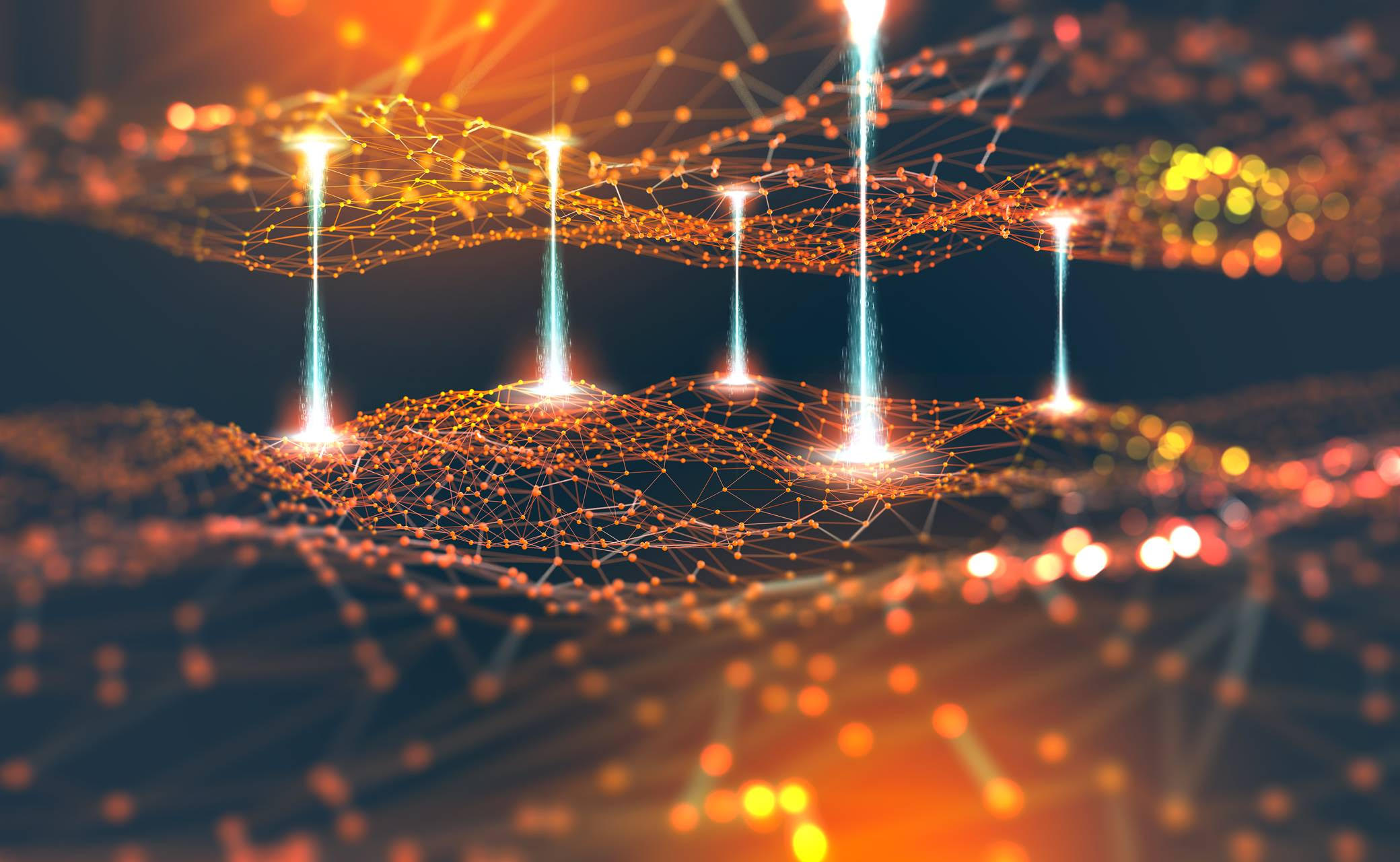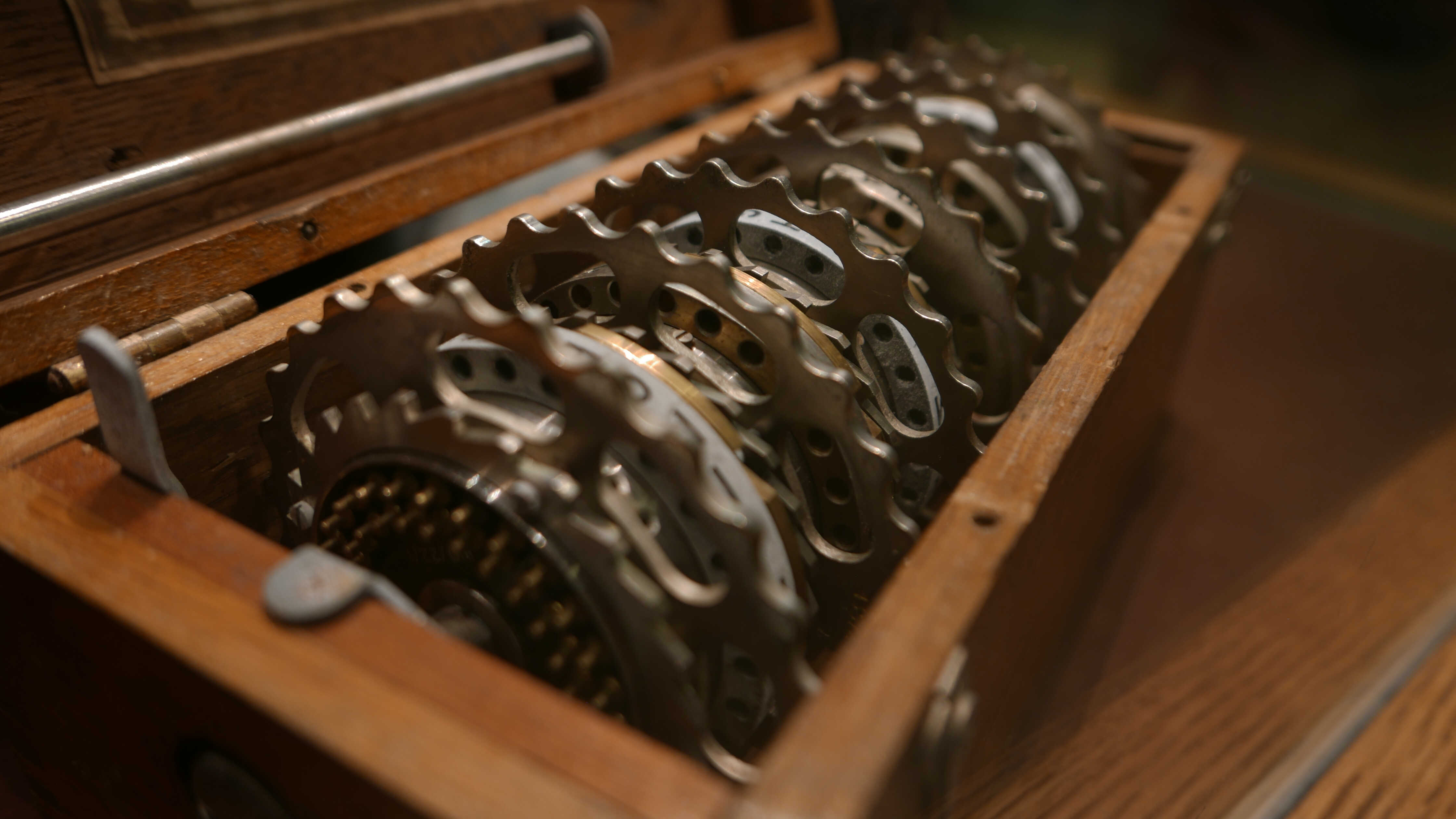
Superconducting Materials and Systems Center
The Superconducting Quantum Materials and Systems Center (SQMS), brings together
partners including Rigetti Computing, Ames Laboratory and NASA Ames Research Center and
University of Arizona with the goal of building and deploying a quantum computer at Fermilab
and develop new quantum sensors based on superconducting technology. SQMS research
focuses on optimizing the coherence time of a qubit, therefore increasing length of time that a
quantum computer can effectively process information. Error Correction Lab contributes to the
Quantum Algorithms and Theory trust of the SQMS though development of quantum error
correction.

NSF CIF: Medium: Iterative Quantum LDPC Decoders
We are developing novel quantum fault tolerant decoding algorithms for finite length quantum LDPC decoders beyond belief propagation (BP),
leveraging knowledge of trapping sets to surpass BP, not only in decoding error performance but also in complexity. We investigate iterative decoders for
quantum codes realized solely by quantum circuits and developing machine learning algorithms for learning such quantum decoders.
Theoretical techniques to analyze the decoders to derive explicit conditions on the graph that guarantees performance in terms of error correction capability are also pursued.

NSF ECCS/CCSS- 2027844: Neural Network Nonlinear Iterative LDPC Decoders with Guaranteed Error Performance and Fast Convergence
The proposed research addresses the hardware complexity, error floor and convergence problems of
decoders of low-density parity check (LDPC) codes in a unified way by the following novel approaches:
nonlinear message update functions, guaranteed error correction capability, neural network decoders,
built-in stochastic gradient descent.

NSF-ERC – 1918635 Engineering Research Center for Quantum Networks
The Center for Quantum Networks (CQN) brings together partners is developing the first quantum
network enabling fully error-corrected quantum connectivity at 10 M qubits/s over 100-km. This
network will support a certified quantum fidelity of 99+%, simultaneously for multiple user pairs,
supported on a backbone network built from quantum repeaters and quantum switches. The goal of
the project is to quntumly connect the MIT and University of Arizona campuses in such a way that
information always stays in quantum domain.

NSF SaTC- 1813401: Secure Cloud Storage Verification Methods
In this project we are developing provably secure, privacy-preserving methods for verifying the reliable
storage of voluminous data at remote repositories, and in particular, a typical remote storage scenario
in which the cloud storage provider contractually agrees to maintain the client's data with certain
degree of reliability. We are also designing the verification, coding, and data recovery processes to
optimize the security-reliability resource-efficiency tradeoffs, while preserving data privacy and establish
the theoretical underpinnings of secure and reliable storage methods that achieve near optimal
performance.

NSF ECCS-1500170:
Enabling High-Speed Communication over Turbulent Free-Space Optical Links by Employing Spectral-Spatial Schemes
The goal of this project is to investigate free-space optical communication schemes by utilizing both frequency and space
properties through their parallel employment within a single propagating light beam. Although this approach is highly promising,
propagation through the turbulent atmosphere can drastically degrade the signal quality and thus reduce the information capacity.
Therefore, an innovative approach is needed to advance solutions that can increase the information capacity and compensate for these turbulence effects.

US Indo-US Science and Technology Forum JC-16-2014: Joint Networked Center for Data Storage Research
The Indo-US center for data storage research is a research establishment that brings synergies between
the leading experts within data storage area in India and USA. We are developing coding and signal
processing algorithms for low power, high density and high speed storage systems. We study fault
tolerance in nano-scale devices that have degraded noise margins and increased likelihood of internal
logic upsets. We are also developing quantum coding algorithms and other signal processing
approaches for enabling fault resilient quantum memories.